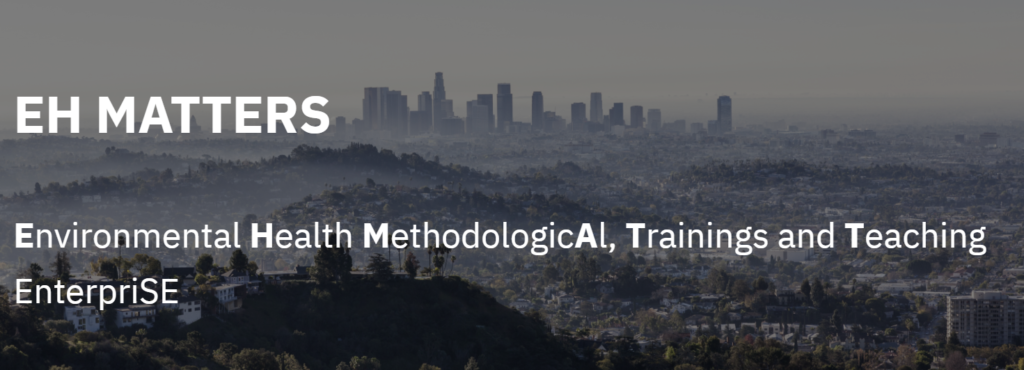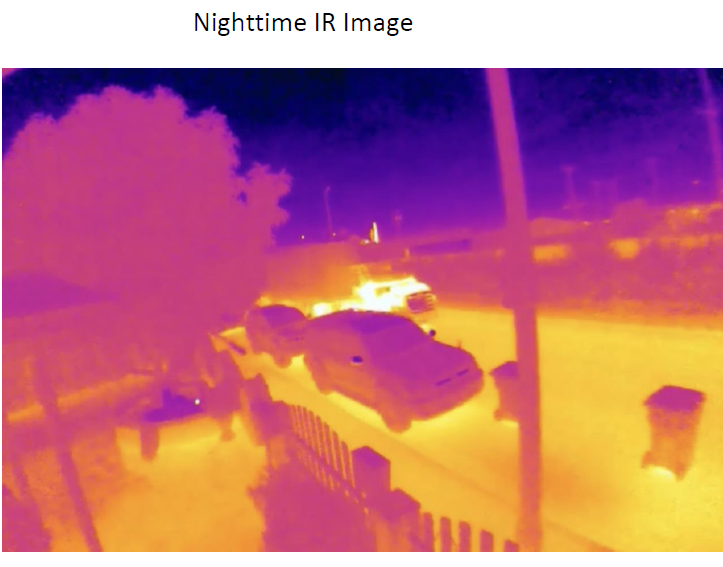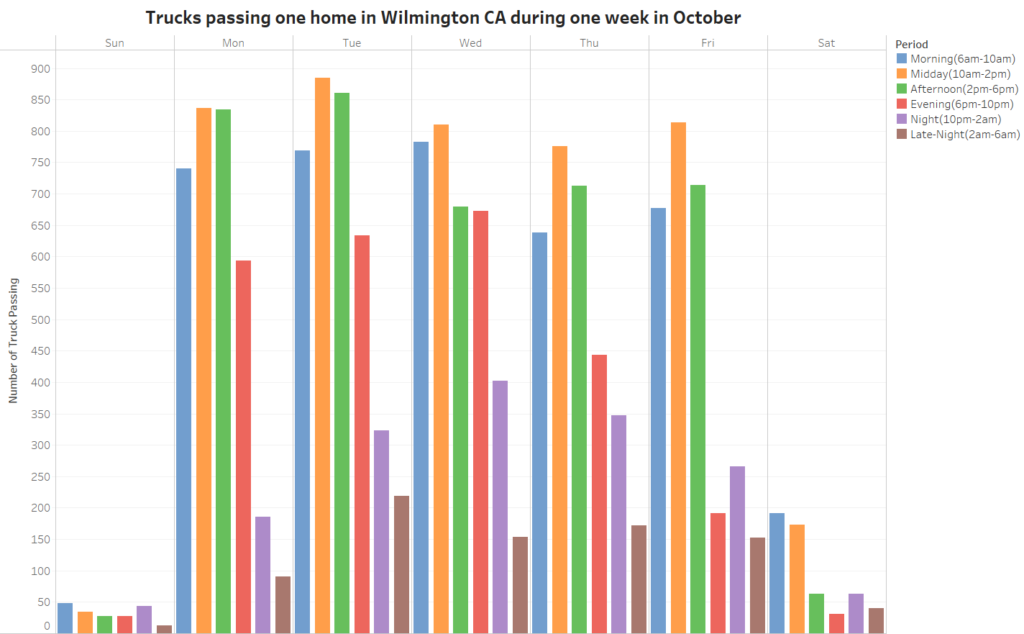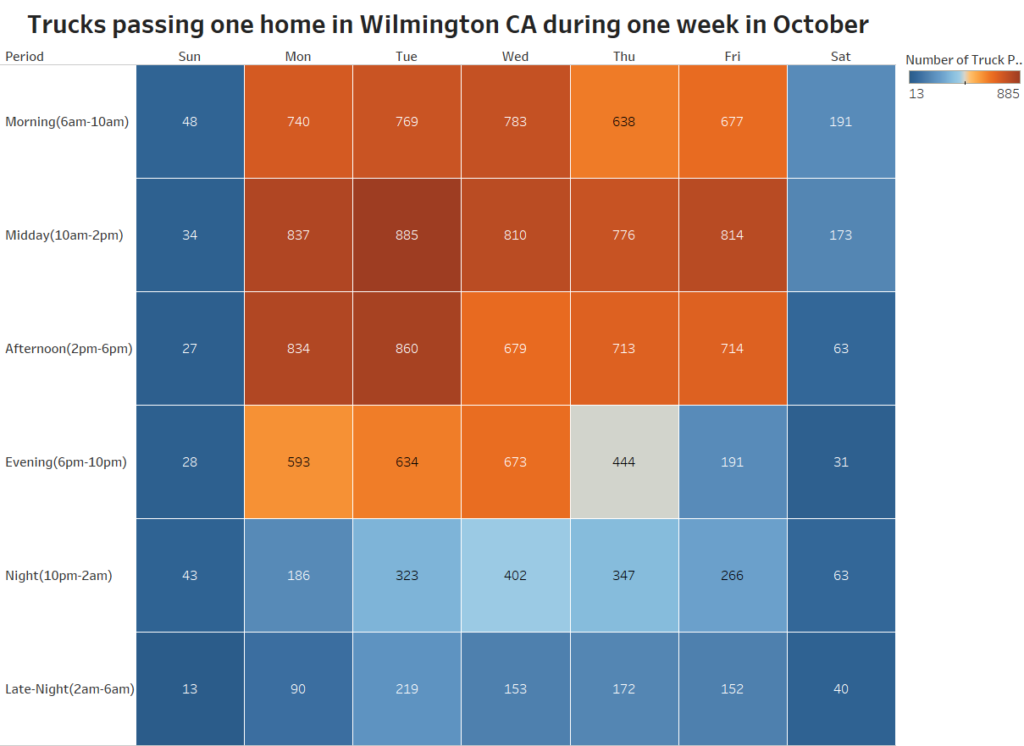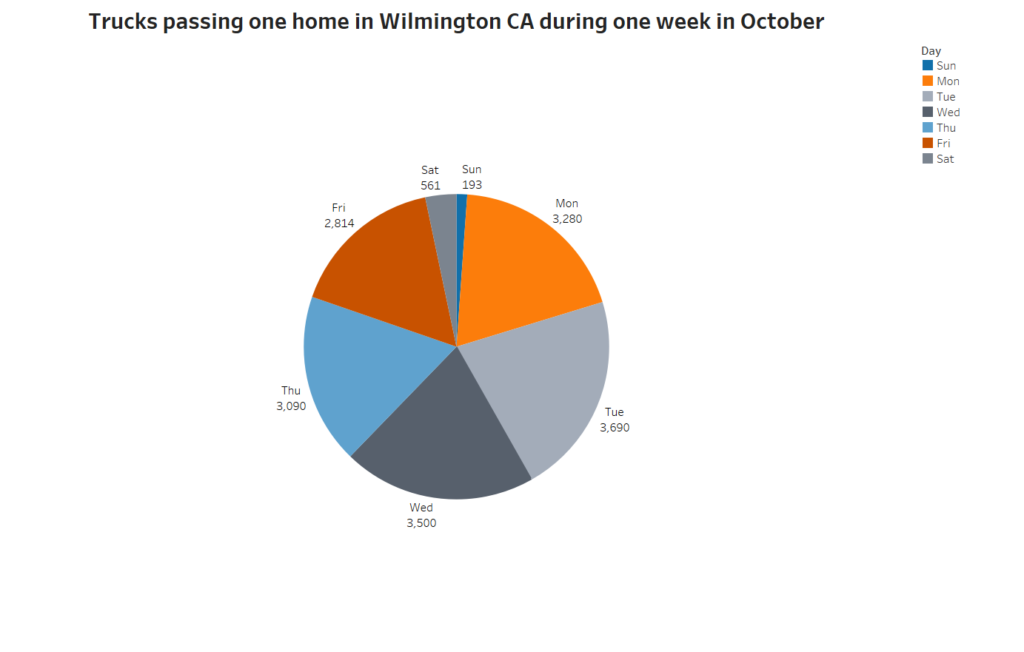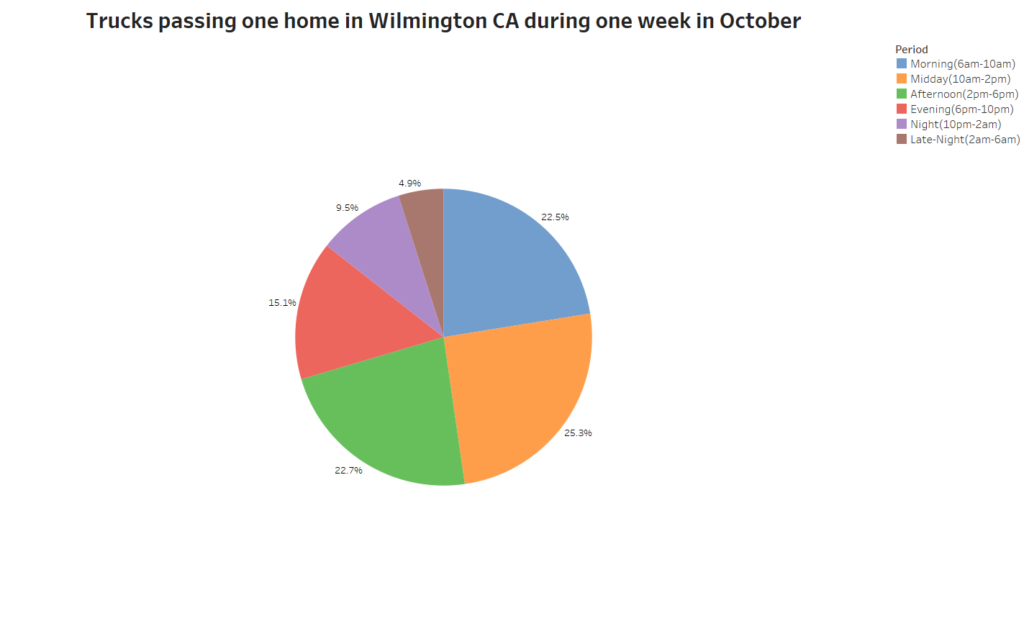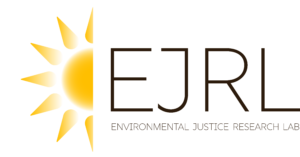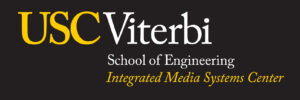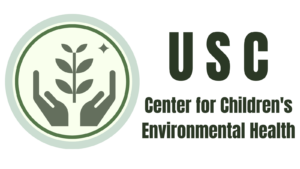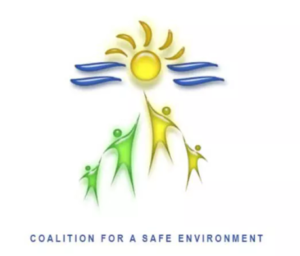Researchers recorded heavy duty trucks passing through a residential neighborhood in Wilmington, near the Port of Los Angeles, here’s what they found:
For years, port communities have grappled with the persistent issue of truck-related traffic, a challenge that has become a daily ordeal for families living near goods movement corridors. Wilmington, situated in the South Bay, Los Angeles, is a low-income environmental justice community characterized by its predominantly Latino working-class residents. The neighborhood is surrounded by a dense concentration of industries, including refineries, ports, and freeways. Community residents are concerned about increasing truck traffic, especially in residential streets. Trucks are a major source of diesel pollution, a known carcinogen and linked to respiratory and heart disease.
In an effort to shed light on this ongoing struggle, the Southern California Center for Children’s Environmental Health Research Translation (SC-CCEHRT), in collaboration with Viterbi School of Engineering, the Coalition for a Safe Environment (CFASE) and the Environmental Justice Research Lab, embarked on a truck counting project in October 2023. Our investigation was supported by Imelda Ulloa and her family, who have been contending with escalating truck volumes since 2019. They’ve dealt with the constant noise, the dust that covers their front-yard, and even the occasional property damage to their trash bins and vehicles parked in front of their home. Employing state-of-the-art Infrared cameras, the camera recorded a relentless procession of trucks, documenting the magnitude of the issue facing Port communities like Wilmington. Leveraging cutting-edge machine learning algorithms, Viterbi researchers analyzed the captured footage, translating it into precise truck counts to generate hourly counts. Over 17,000 trucks passed in front of her home over the course of a single week. Mid-day during the week was the peak period with upwards of 200 trucks per hour.
Details of truck traffic summarized below by Time and Day of the Week:
Acknowledgements: This project was made possible by the support and work of the Ulloa Family, Jesse Marquez of CFASE, The Environmental Justice Research Lab, SC-CCEHRT, Dr. Seon Ho Kim and Jooyoung Yoo from the Viterbi School of Engineering at USC.
Grant support: This project was supported by NIEHS Grant # P2CES033433 (SC-CCEHTR)


